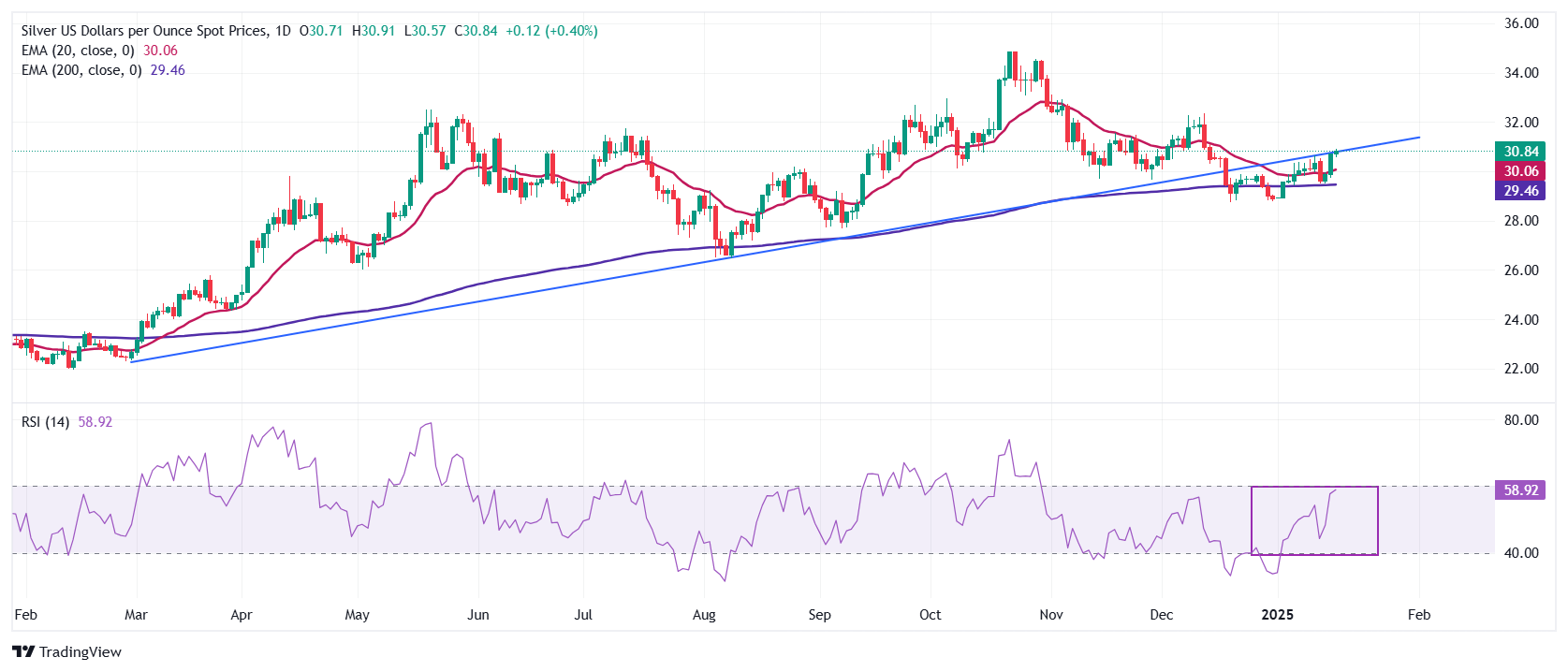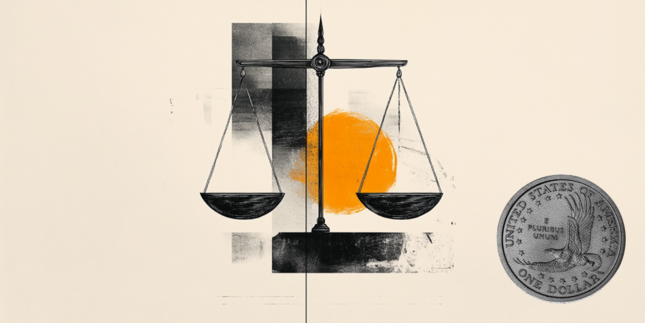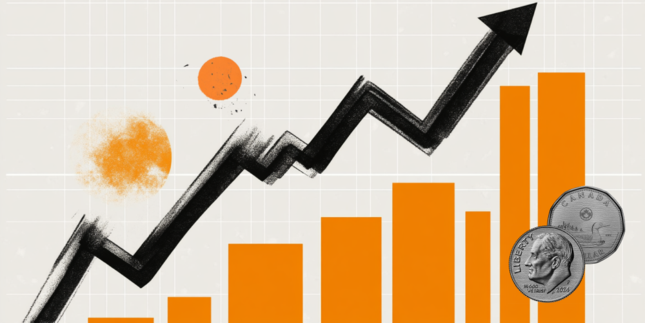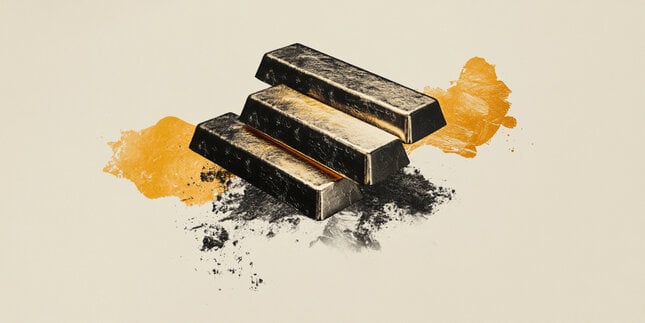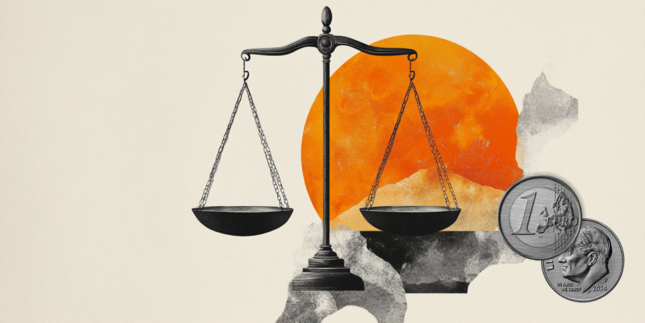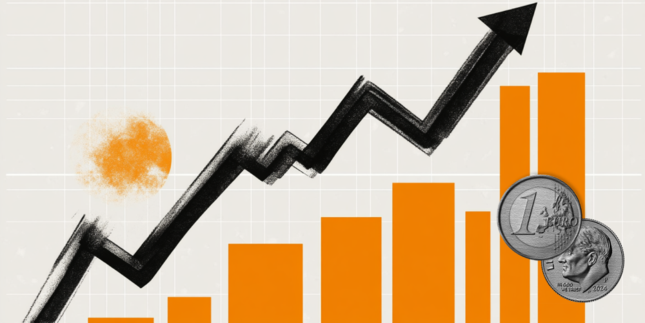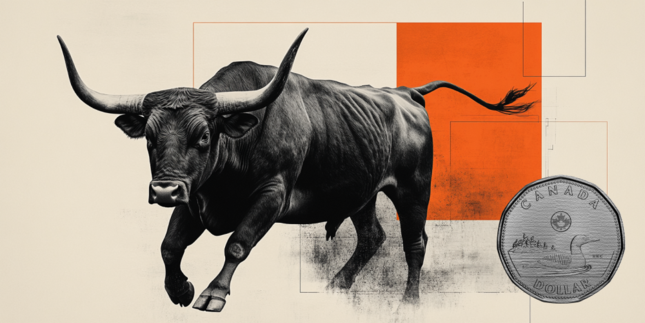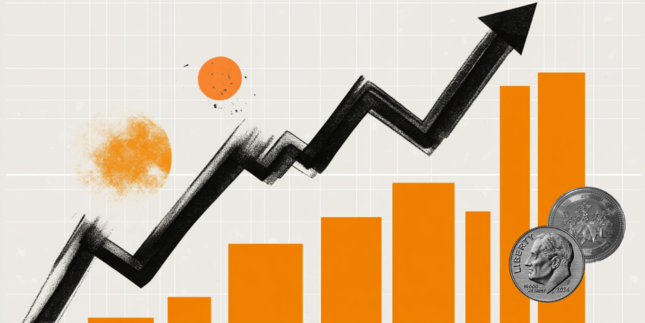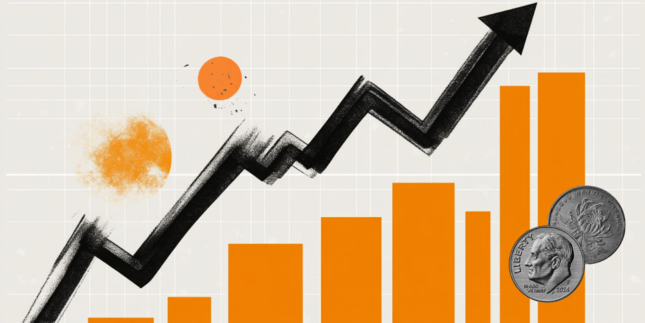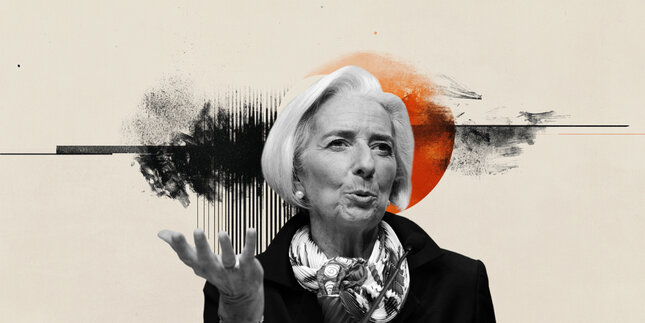Silver Price Forecast: XAG/USD jumps to near $31 as traders raise Fed dovish bets
- Silver price climbs to near $31.00 as traders reassess Fed monetary policy outlook after mixed US inflation data.
- Traders expect the Fed to cut interest rates twice this year.
- Silver price attempts to break above the upward-sloping trendline around $30.85.
Silver price (XAG/USD) moves higher to near $31.00 in Thursday’s European session. The white metal gains as traders have raised bets supporting the Federal Reserve (Fed) to deliver more than one interest rate cut this year.
According to the CME FedWatch tool, traders are pricing in two interest rate cuts this year, the first coming in June instead of September, as forecasted before the December inflation data were released.
As measured by the Consumer Price Index (CPI), headline inflation accelerated to 2.9%, as expected; however, the core reading—which excludes volatile food and energy prices—surprisingly rose at a slower pace of 3.2%.
Typically, signs of acceleration in Fed dovish bets bode well for non-yielding assets, such as Silver.
Meanwhile, the US Dollar Index (DXY), which tracks the Greenback’s value against six major currencies, ticks higher to near 109.00 but has corrected from the two-year high of 110.00. 10-year US Treasury yields edge higher to near 4.66% but have come down from its yearly high of 4.80%.
Silver technical analysis
Silver price gathers strength to break above the upward-sloping trendline around $30.85, which is plotted from the 29 February 2024 low of $22.30 on a daily timeframe.
The white metal rebounded strongly after discovering strong buying interest near the 200-day Exponential Moving Average (EMA), which is around $29.45. It then climbed above the 20-day EMA, which is around $30.00, suggesting a bullish near-term trend.
The 14-day Relative Strength Index (RSI) jumps to near 60.00. A fresh bullish momentum would trigger if its manages to break above 60.00.
Silver daily chart
Silver FAQs
Silver is a precious metal highly traded among investors. It has been historically used as a store of value and a medium of exchange. Although less popular than Gold, traders may turn to Silver to diversify their investment portfolio, for its intrinsic value or as a potential hedge during high-inflation periods. Investors can buy physical Silver, in coins or in bars, or trade it through vehicles such as Exchange Traded Funds, which track its price on international markets.
Silver prices can move due to a wide range of factors. Geopolitical instability or fears of a deep recession can make Silver price escalate due to its safe-haven status, although to a lesser extent than Gold's. As a yieldless asset, Silver tends to rise with lower interest rates. Its moves also depend on how the US Dollar (USD) behaves as the asset is priced in dollars (XAG/USD). A strong Dollar tends to keep the price of Silver at bay, whereas a weaker Dollar is likely to propel prices up. Other factors such as investment demand, mining supply – Silver is much more abundant than Gold – and recycling rates can also affect prices.
Silver is widely used in industry, particularly in sectors such as electronics or solar energy, as it has one of the highest electric conductivity of all metals – more than Copper and Gold. A surge in demand can increase prices, while a decline tends to lower them. Dynamics in the US, Chinese and Indian economies can also contribute to price swings: for the US and particularly China, their big industrial sectors use Silver in various processes; in India, consumers’ demand for the precious metal for jewellery also plays a key role in setting prices.
Silver prices tend to follow Gold's moves. When Gold prices rise, Silver typically follows suit, as their status as safe-haven assets is similar. The Gold/Silver ratio, which shows the number of ounces of Silver needed to equal the value of one ounce of Gold, may help to determine the relative valuation between both metals. Some investors may consider a high ratio as an indicator that Silver is undervalued, or Gold is overvalued. On the contrary, a low ratio might suggest that Gold is undervalued relative to Silver.
Forex News
Keep up with the financial markets, know what's happening and what is affecting the markets with our latest market updates. Analyze market movers, trends and build your trading strategies accordingly.

